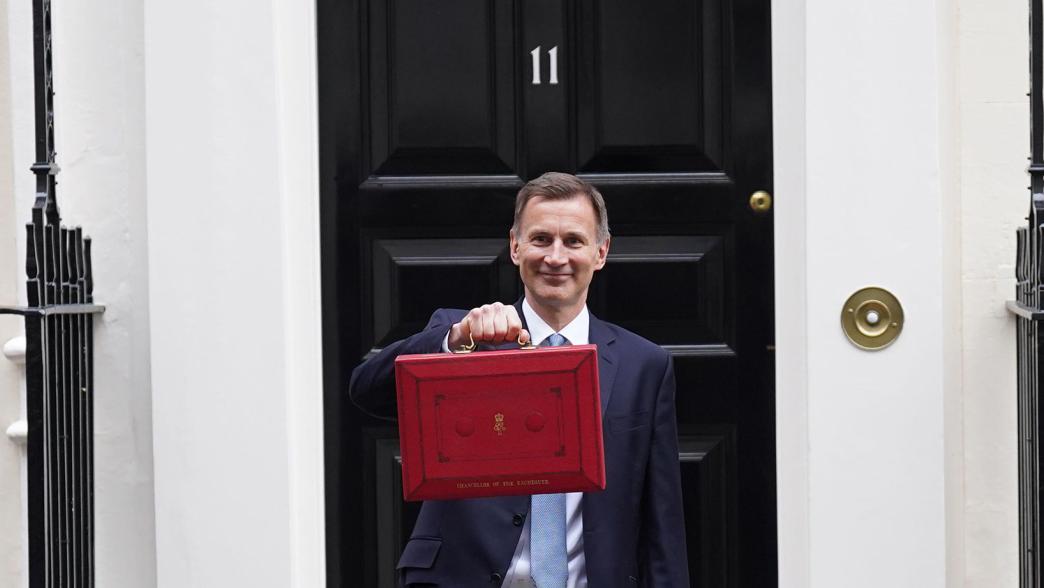
Budget 2023
What was in chancellor Jeremy Hunt's budget on 15 March?
Our recent comments
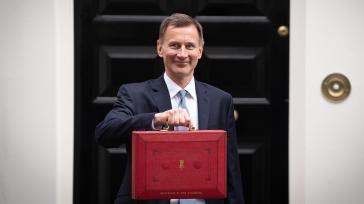
Six things we learnt from the spring budget 2023
What the chancellor's announcement revealed about the government's plans for tax and spending policy.
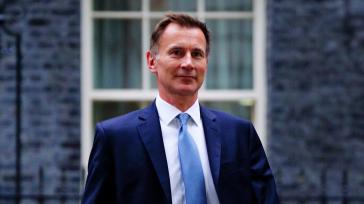
Five things we learnt from Jeremy Hunt's 2022 autumn statement
The IfG team give their verdict on the chancellor's autumn statement and what it means for government borrowing, households and public services.
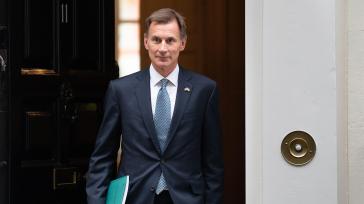
Jeremy Hunt’s growth plan mixes welcome realism with speculative cakeism
The chancellor’s plan for growth is an evidence-based but policy-lite vision which may end up laying the groundwork for future governments.

The Levelling Up Fund will not deliver on the government’s flagship agenda
The fund is another ineffective competitive funding pot that is neither large enough nor targeted enough to make a dent in regional inequalities.
Key explainers
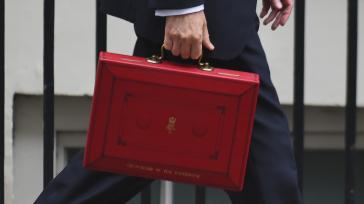
Budgets
Governments require parliament’s approval to spend money, as well as to raise revenue in the form of taxes.

Office for Budget Responsibility (OBR)
The Office for Budget Responsibility (OBR) is the UK’s official independent economic and fiscal forecaster.

Current UK fiscal rules
What are the government’s current fiscal rules and is it on track to meet them?

Fiscal rules in the UK since 1997
Fiscal rules are restrictions on fiscal policy set by a government to constrain its own decisions on spending and taxes.
Our events
What does the spring budget mean for UK fiscal policy?
Following the spring budget an IfG event featuring OBR's Richard Hughes will assess the chancellor’s statement.
The spring budget 2023: the pressures on public services
Ahead of the spring budget, the IfG and CIPFA presented the key findings of their latest Performance Tracker.
Better Budgets: Has tax policy making improved?
This event looked back on the conclusions and the recommendations of the IfG's report on ‘Better Budgets: making tax policy better’.